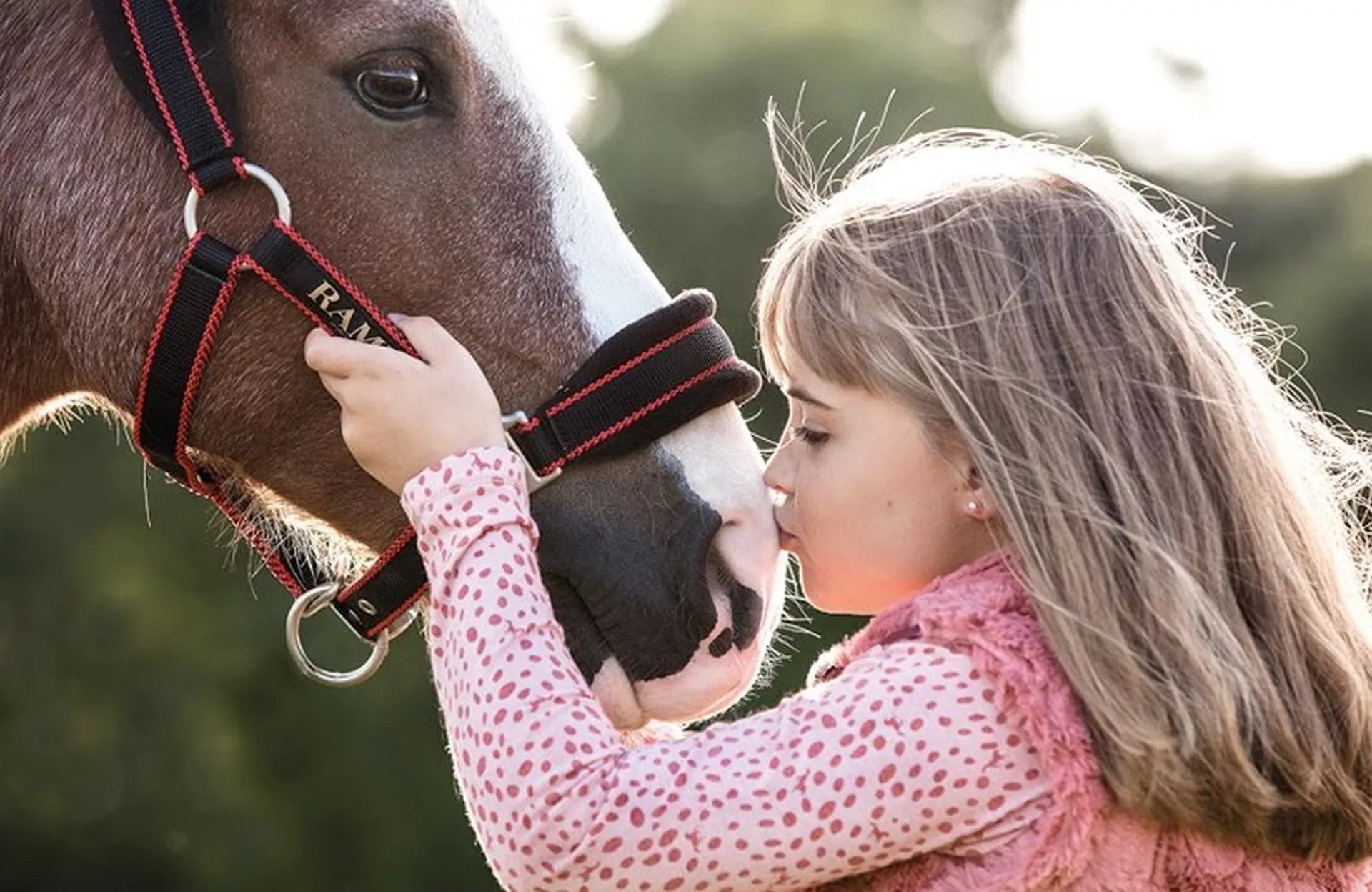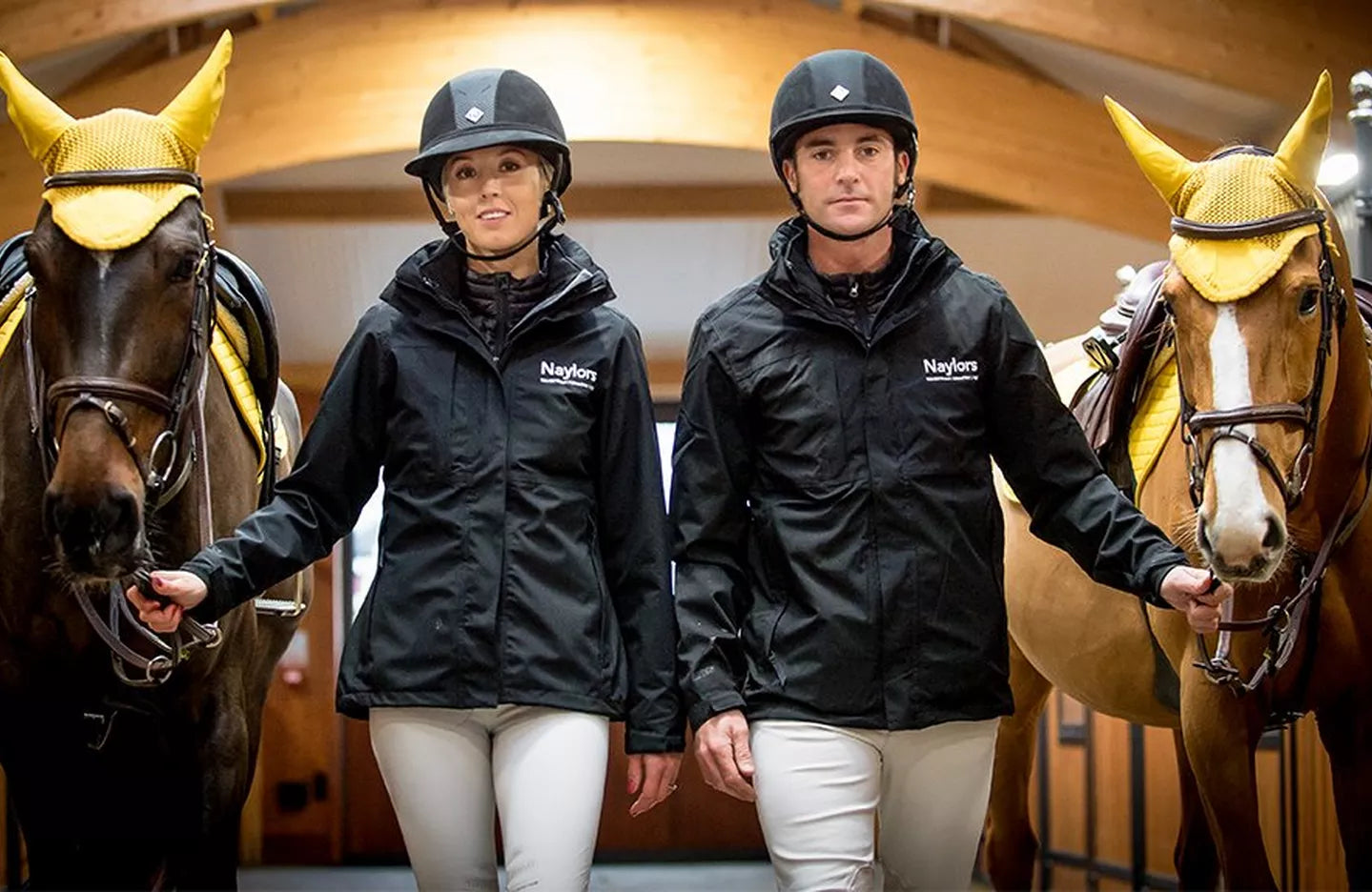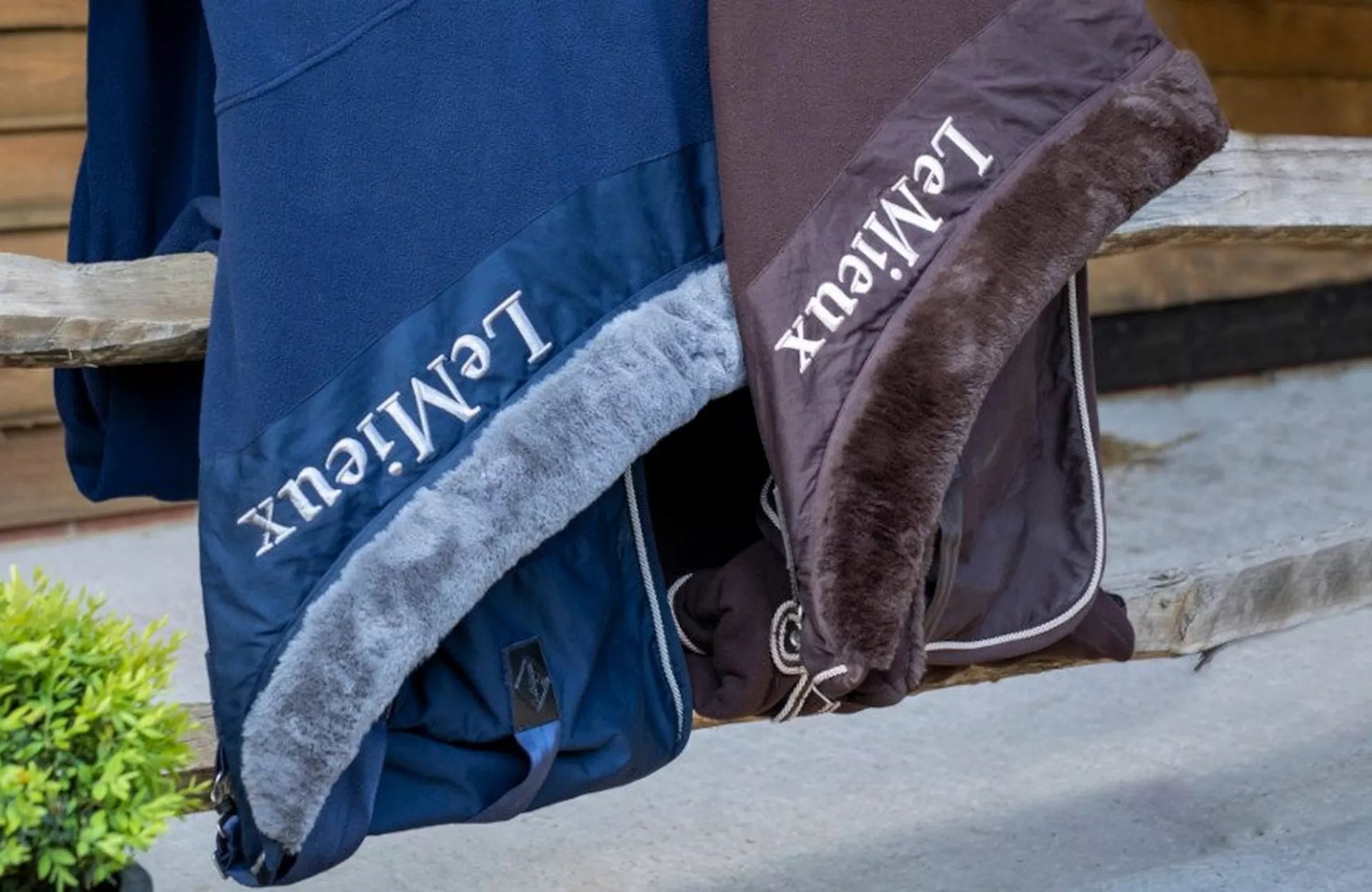Caring For Your Older Horse

Advice On Looking After Your Older Horse
The Veteran Horse Society recognises horses 15 and over as veterans. That doesn’t mean that a horse of that age is necessarily old, the average life expectancy of a horse is around 25-30 years but some horses live to be over 40! There is no way to determine when your horse is officially old as horses age at different rates. This is based on various factors such as breed, level of work and general health. Read on for some tips on things you should keep an eye out for when caring for your older horse.

Image Source: http://www.thehorse.com/articles/31974/senior-horse-care-strategies
For an example of how a horse’s age can be perceived differently, consider how racehorses can start their careers around age two. A twelve year old racehorse would be considered old. On the other hand, Oliver Townend’s recent Burghley winner Ballaghmor Class is considered young at that CCI4* level being just 10 years old. An eventing horse can compete at top levels throughout their teens. Similarly in Dressage you’d expect a horse to work up the levels and so would be at the top of their game in the teenage years.
Of course once horses start to slow down in their competing careers they’ve still got plenty of life to live. Without illness or injury, horses are able to continue to be exercised for the majority of their lives and this is actually encouraged to help them maintain good condition.
Common Problems
Loss of body condition
Changing body condition is a very common problem amongst older horses. The most common form of which is weight loss. Similar to us humans, the body can find it harder to work efficiently as it gets older. It’s a good idea to keep your horse exercising regularly in some form for as long as possible. Exercise not only helps to maintain and build muscle tissue but it can burn fat as well as keep the cardiovascular and respiratory systems healthy too. If your horse develops injuries or illnesses or is generally unhappy when being ridden there are other ways to keep them fit. You should try to give them regular turnout where they can move about at their own pace or you could consider lunging or using a horse walker if accessible.

Image Source: http://www.thehorse.com/articles/24740/determining-horses-body-weight-and-ideal-condition
It’s important to be able to spot changes in your horse’s weight as well as behaviour. It’s a good idea to know your horse’s normal temperature, pulse and respiration measurements. You may want to ask your vet to take these but make sure you have a note of them somewhere and an understanding of how to measure them so that you can check for changes. You should also give your horse a body condition score (learn about how to do this here) and reassess fairly regularly. When you see your horse everyday it can sometimes be difficult to notice changes because they often happen gradually over time.
Your horse’s diet is as massive factor when it comes to body condition. There is no umbrella answer for how to feed an older horse as they are all different though a good place to start could be feeds specially designed for older horses. You will know your horse best and hopefully notice if they need to gain or lose weight or if they need some more energy or are feeling a bit sharp. You will find that the older your horse gets it is a lot easier for them to lose weight than to gain it. Therefore if you know they are prone to weight loss, particularly in winter, it’s best to plan ahead. Make sure they are sufficiently rugged to help them to preserve energy. You can also gradually increase their feed in autumn to try to counteract winter weight loss.
Joint problems
As with us humans, the effects of arthritis are more prolific in old age. It is very common for older horses to develop some form of joint stiffness which can often be linked to arthritis. This doesn’t have to be debilitating but you may start to notice small changes such as shortening strides, moving slower and general reduced flexibility at first. There are many supplements available on the market to reduce the effects of joint stiffness. If your horse seems to be struggling it’s always best to get a vet’s advice.

Image Source: http://www.thehorse.com/articles/29798/promoting-lifelong-equine-joint-health
Degenerative joint disease is a separate issue which occurs when cartilage is gradually worn away over time. It is most common in the knee, fetlock, hock and coffin joints. As the cartilage wears away it can result in bone grinding against bone which, as you can imagine, is not comfortable. It’s best to get your vet’s advice if your older horse becomes lame so that they can determine the cause and help you to comfort your horse.
Regular farrier visits can actually be very helpful in these cases. This will keep the horse well balanced and help to prevent uneven weight on the joints. Keeping your horse at a healthy weight can also help to comfort them as excess weight can cause strain on the joints. It’s important to exercise your horse in an appropriate and pain free manner and always make sure they’re very well warmed up before any work and cooled down afterwards.
Dental Problems

Image Source: http://www.thehorse.com/articles/13410/year-by-year-tooth-by-tooth
As your horse ages it may be a good idea to increase the number of vet and dentist check ups your horse has. It’s advised to have their teeth checked twice a year as they get older (maybe even more if needed). Like with humans, it is possible for horses to lose teeth in their old age. In other cases, your horse’s teeth may wear down making them less effective. These issues can make chewing hard and can ultimately lead to your horse eating less. If you discover your horse has these issues, discuss with your equine dentist or vet some of the possible feeding solutions which may include hay replacers.
Cushings & Laminitis
As horses age they become more prone to Cushing’s disease and laminitis. This is due to the increased risk of problems with the pituitary gland in the brain when it gets older. Cushing’s disease has various symptoms to look out for and you should alert your vet as soon as you notice any of them, especially in an older horse. They include:
- Growing a thicker coat, often curly, that won’t shed or thin during summer. This is the symptom most people think of when they think of Cushing’s.
- Suffering from laminitis.
- Fatty pads appearing on the body. These are often spotted near the shoulders or eyes.
- Drinking, sweating or urinating a lot more than usual.
- A general sense of depression.

Image Source: http://www.thehorse.com/articles/29068/managing-equine-cushings-disease
Although unpleasant for your horse, Cushing’s doesn’t mean the end of the road. Your vet will be able to suggest treatments for the disease which can help to comfort your horse. This does not mean they will cure the horse but, if you continue to treat it, the horse can still have a good quality of life. As mentioned, older horses are more prone to getting Cushing’s and laminitis however age is not the only cause. A common problem is horses carrying too much fat. It is very important not to let your horse get overweight. Unfortunately once a horse has suffered from laminitis the first time they will be susceptible for the rest of their life.
Another big factor in bouts of laminitis is the consumption of grass rich in sugars. If your horse is prone to laminitis you may need to restrict their turnout or use a grazing muzzle to prevent them from over indulging. Grasses are most lush heading into spring after the wetter months and when the sun is out for longer periods. It has been suggested that grass is ‘safer’ at night as sugar levels decline. You may want to consider turning out in the evenings after work as opposed to staying out all day long.
When to retire an older horse
You will most likely know your horse better than anyone else. Some horse’s riding careers are ended abruptly by injury or illness. If you are lucky enough to avoid this, it will be up to you to decide when enough is enough. You may begin to notice signs of slowing down or unwillingness to work and you’ll know if additional feeds and supplements aren’t working. Often horses, if they can avoid injury, are happy to continue working well into old age and it actually keeps them fit and healthy both physically and mentally. If, however, you think it’s time for them to retire and enjoy the pampered life you may want to make this change gradually. You may feel it’s time to stop jumping you horse and doing other strenuous activities first. You may decide to use them solely as a happy hacker for a while.

Image Source: http://www.thehorse.com/articles/35674/new-research-sheds-light-on-tendon-injuries-in-old-horses
Consider reducing how often they work as well as how hard. Remember it takes an older horse longer to recover between work outs. You may decide to stop riding to prevent putting weight onto your horses back but you could still consider lunging or using a horse walker as a replacement. Always try to do what is best for the horse at that stage in their life. If you feel it may be coming up to retirement time have a chat with your trainer or even your vet to see what advice they may have.
Caring for an older horse in some ways can be just as rewarding as owning a younger horse. It feels that little bit special when people are shocked as you reveal the true age of your healthy horse who’s crazily charging round the field. You’ve got to really work hard alongside your older horse to keep them healthy and fit. If you do, you’ll be rewarded with many more year’s of quality time with your favourite equine. You can find everything you need for horse care online at naylors.com or in the Naylors Equestrian superstore in Rochdale.







